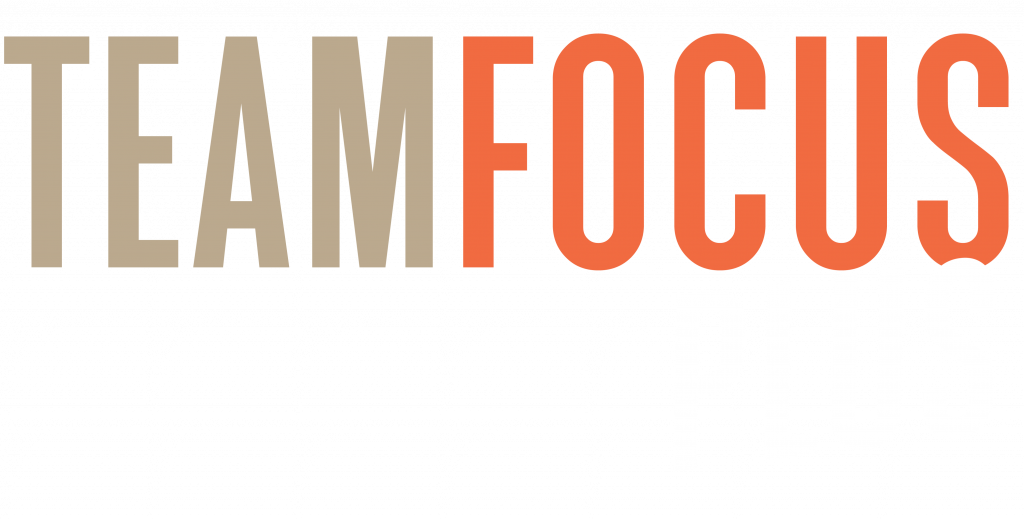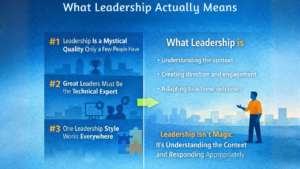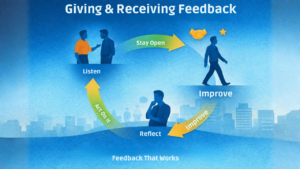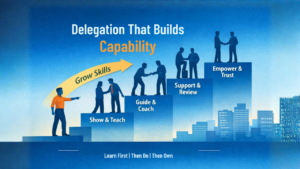In today’s fast-paced, ever-changing environment, the ability to adapt isn’t a luxury—it’s a necessity. Organisational agility means being ready and able to respond to shifting markets, evolving customer needs, and unexpected challenges with speed and confidence.
But agility doesn’t happen in isolation.
It’s rooted in your culture—how people behave, collaborate, and lead.
So how do you foster an agile workplace culture that empowers your teams, builds trust, and delivers performance?
Here are five practical strategies to help your organisation become more agile from the inside out.
1. Encourage a Growth Mindset
Adaptability starts with mindset. A growth mindset, as coined by Dr. Carol Dweck, encourages individuals to see challenges as opportunities and feedback as fuel for improvement. In contrast, a fixed mindset holds people back from evolving.
Empowering your team to reflect, improve, and embrace change fosters an empowering team culture—one that learns quickly and adapts even faster. This is a core foundation of agile management practices.
2. Prioritise Psychological Safety
People are more agile when they feel safe to speak up, share ideas, and take smart risks without fear of judgement. When you foster an environment of psychological safety, you also reinforce culture and employee trust—a critical enabler of agility.
Australian organisations leading the way in this space know that innovation is a team sport. It’s time to stop micromanaging and start listening. That’s where transformation begins.
3. Embrace Diversity and Inclusion
High-performing agile teams are diverse in experience, perspective, and thinking. When people from different backgrounds feel genuinely included, creativity and innovation flourish.
Encouraging individuality while aligning to shared values builds cultural strength and flexibility. Diversity is not just about representation—it’s a catalyst for organisational agility.
4. Lead with Transparency and Collaboration
Siloed thinking kills agility. Agile workplace cultures require leaders to model transparency and cross-team collaboration.
Share information freely, invite contributions early, and remove barriers between departments. This type of open leadership supports faster decision-making, stronger relationships, and smarter execution.
One of our favourite Australian leadership tips?
Build clarity before you build strategy. Your teams will thank you.
5. Promote Adaptability at Every Level
Agile organisations don’t just react to change—they anticipate and lead it. That means reviewing outdated processes, challenging assumptions, and helping your people pivot with confidence.
Encouraging experimentation, flexible working styles, and rapid feedback loops helps your team adapt in real time—not just during crises.
Ready to Build an Agile Culture?
At Team Focus Plus, we partner with leaders to build the internal capabilities and culture shifts needed to thrive in an unpredictable world.
From team workshops to tailored agile management practices, we’ll help you create an empowering team culture that aligns with your goals—and accelerates your performance.
📩 Contact us today to learn how we can support your journey toward organisational agility.





